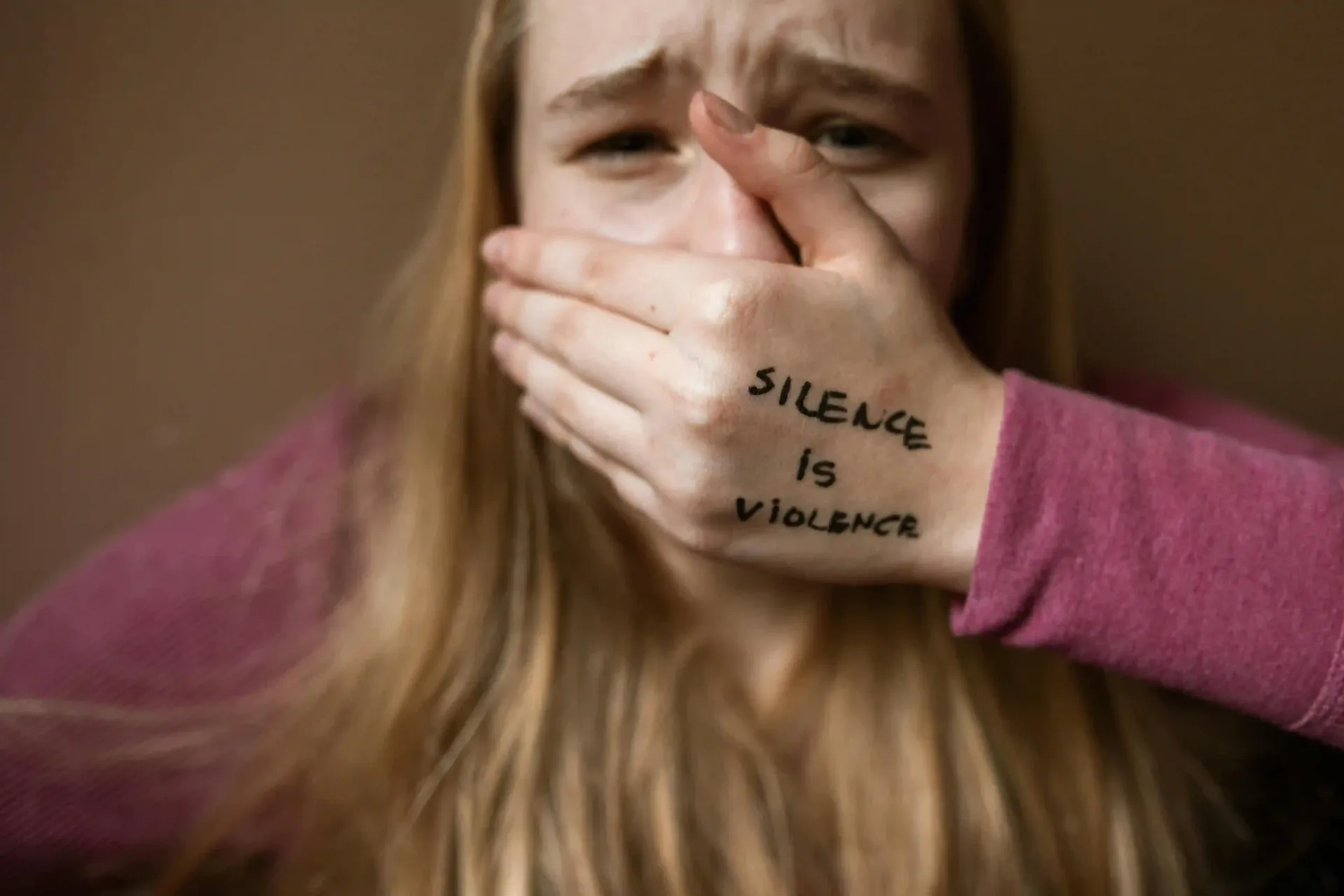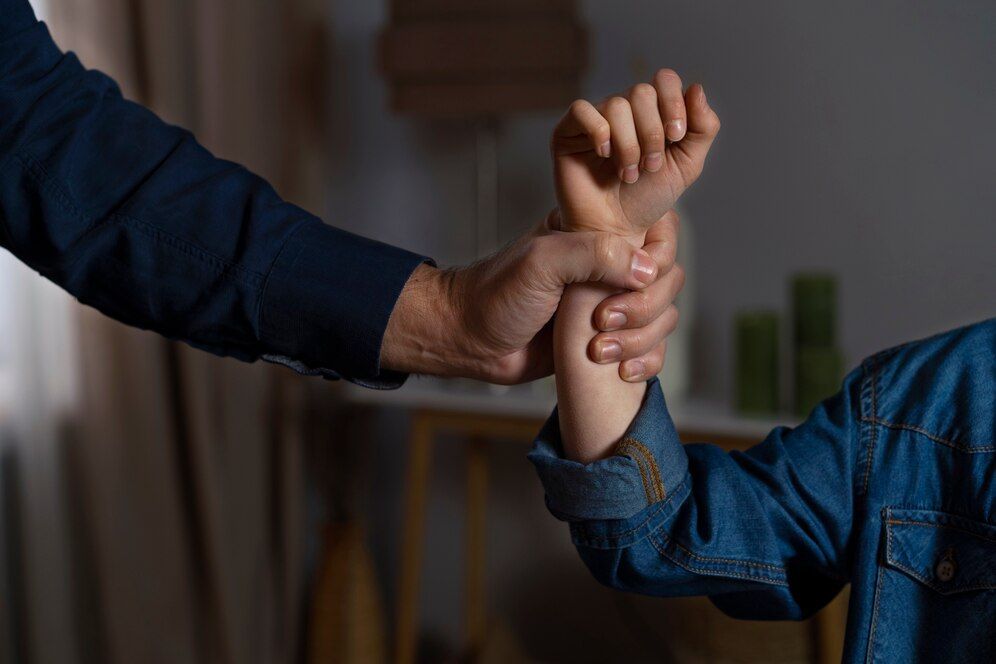Family Violence in Family Law
Too often, clients come to us with troubling experiences of family and domestic violence, which is sadly often also occurring in the presence of their children. These clients require additional guidance and support in determining what arrangements ought be put in place to balance the need for their children to maintain a relationship with the other parent, whilst also protecting them from risk of harm or exposure to further post-separation violence.
The definition of family violence is different than the definition of domestic violence under State legislation. Under section 4ABof the Family Law Act, family violence is:
“violent, threatening or other behaviour by a person that coerces or controls a member of the person’s family, or causes the family member to be fearful.”
Examples include repeated derogatory taunts, damaging or destroying property, causing death or injury to an animal and unreasonably denying the family member financial autonomy. This also extends to sexual misconduct.
Under the Family Law Act a judge must consider whether equal time or substantial and significant time with a parent, is in a child’s best interest. However, where there are allegations of family violence the Court must instead, make whatever order it thinks is in the best interest of the child.
While the two primary considerations for determining the best interest of the child remain the benefit of the child having a meaningful relationship with both parents, and the need to protect the child from physical or psychological harm due to being subjected or exposed to, abuse, neglect or family violence, the Family Law Act now makes it clear that the court is to give greater weight to family violence and child abuse provision.
It is important to take protective measures and keep clear records by way of:
- Taking photographic evidence of the abuse;
- Speaking to a social worker, GP or domestic violence support service about the violence;
- Keeping a diary with the dates and details of the violence.
If you need to communicate with the perpetrator, it is best to do so in writing.
It is important to remember that the safety of you and your children is paramount when entering into parenting arrangements. Where children have been exposed to family violence, or there is a risk to them in the care of the other parent, you should not be pressured into a parenting arrangement you believe does not adequately protect your child.
Supervised contact is a way of allowing one parent to spend time with the children if the other parent or a court is concerned that the children may be at risk with that parent. Supervised contact will protect the safety of both the residential parent and the child from any post-separation violence.
It is often not appropriate for the residential parent to be the supervisor of the parent’s time with the child, given the potential for conflict.
Private supervision organisations provide greater flexibility so parents and children are not confined to spending time within the premises of the supervision service provider. Services our clients have worked with include HoldingHands, Phoenix Rising for Children, Connecting Families and Sydney Supervised Contact Worker.

If you require assistance with respect to issues of family or domestic violence, or require further information as to how this may effect your post separation parenting arrangements, contact one of our specialist family lawyers today.










